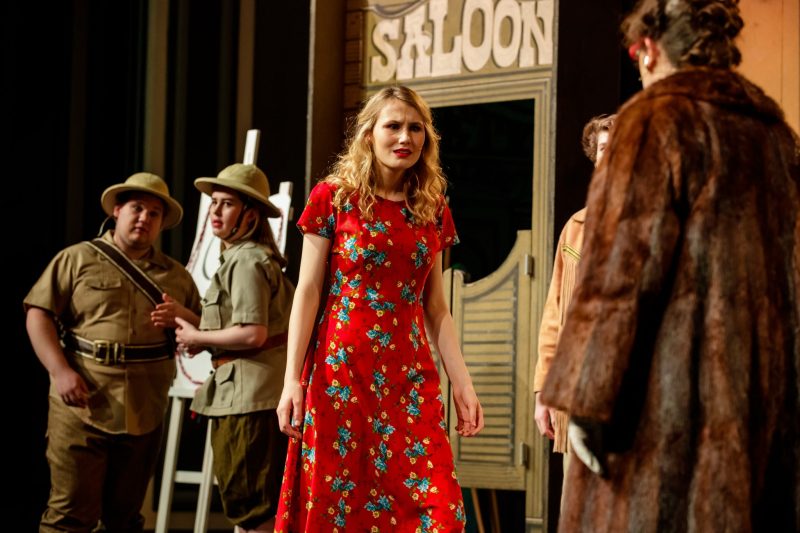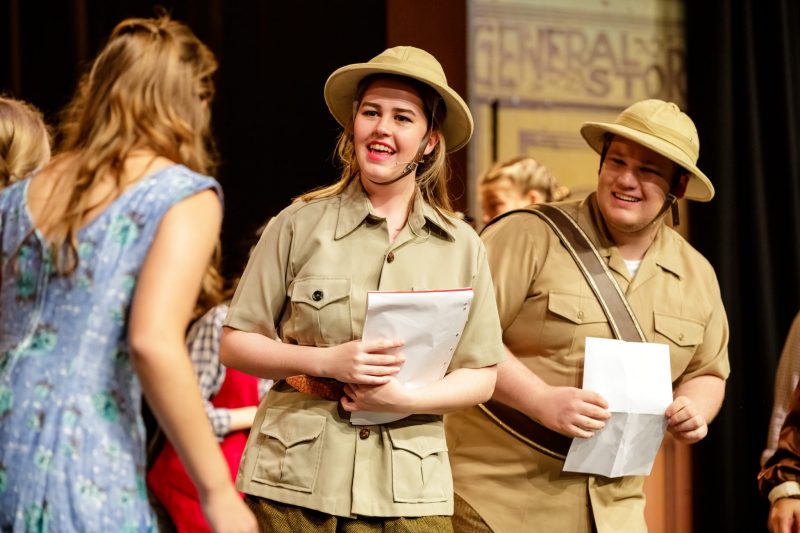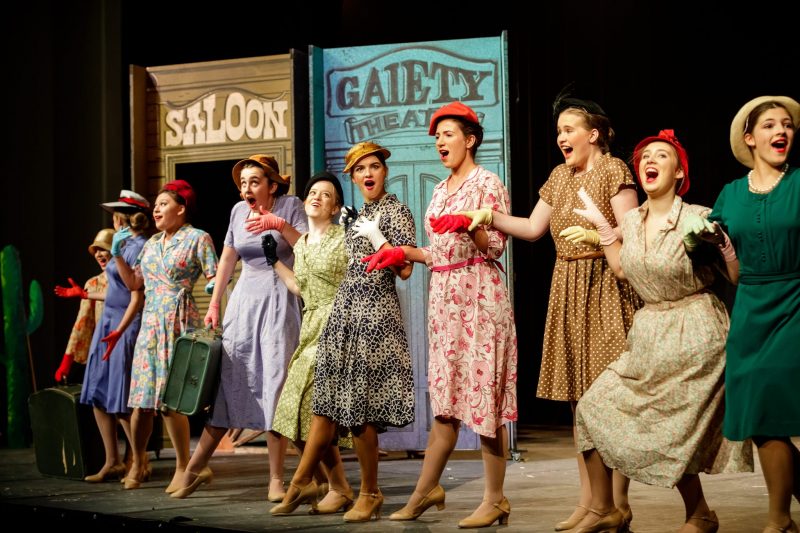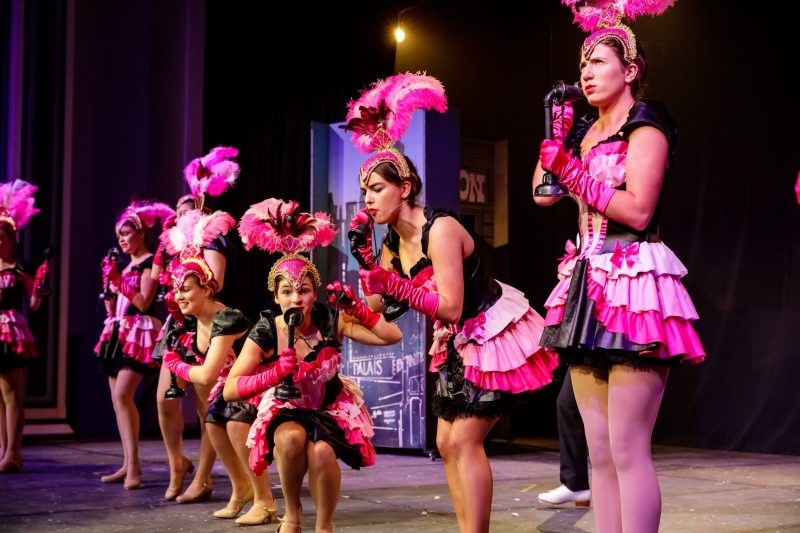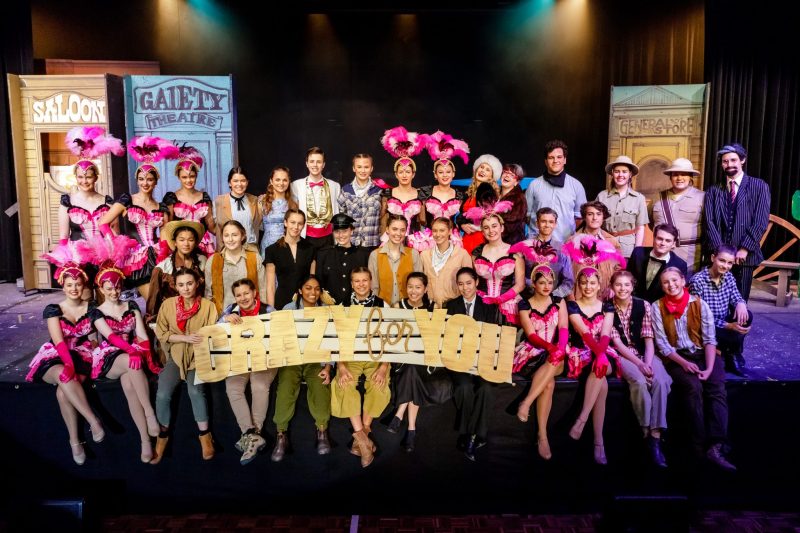Aren’t Drama and Theatre Studies the Same Thing?
Aren’t Drama and Theatre Studies the Same Thing?
With subject selection for 2019 just around the corner, this common misconception is worth clarifying. It is understandable that the two are sometimes seen as interchangeable disciplines, as they both belong under the umbrella of Performing Arts, much like Biology and Physics exist under the Science banner. Like Mathematical Methods and Further Mathematics or English and Literature, Drama and Theatre Studies are stand-alone VCE subjects. The brilliance of the study design is that both subjects place young people at the centre of the creative process, but in different ways that foster different skill sets.
So what is Drama?
Drama allows students to create their own work and act in it. The course starts with collaborative ensemble tasks, where students start with a stimulus and use it to create a script and non-naturalistic performance piece. Unit 4 requires students to undergo the same type of process, but as an externally assessed ‘solo’ piece. All students in Drama must devise, develop and act in their own individual piece. Students must also attend VCAA listed plays to analyse and evaluate how the dramatic elements are used and how meaning is created for an audience by actors on stage. There is a large practical component, but many of the SACs are written tasks completed under timed conditions, including an end of year written examination.
Does Theatre Studies involve acting as well?
Yes, but there are alternatives. Students get to choose whether they act or focus on other stagecraft areas. Next year’s study design has changed, so that students get to choose to undertake any two of costume design, make-up design, properties design, set design, lighting design, sound design, acting or direction components. The technical and practical design skills that students learn in these areas are a definite draw card, as they get to see their designs come to life on stage.
Do you write your own scripts in Theatre Studies?
No, this is the other main difference – Theatre Studies explores existing scripts and their associated contexts and theatrical styles. Students work as part of a production team in Unit 3, taking responsibility for their choice of the two stagecraft areas listed above. This year, the students took on the daunting task of mounting the Senior Musical Crazy for You, which they managed with aplomb.
The monologue interpretation examination in Unit 4 is also based on existing scripts and offers a choice for students to either perform the monologue as an actor or present a design pitch based on how they would apply two of the two design stagecraft areas to the monologue. This breadth of choice gives creative students who do not want to act, an opportunity to showcase their skills.
The course also mandates visits to professional productions on the VCAA playlist to analyse and evaluate the production elements and how meaning was communicated to an audience through different stagecraft areas.
Are there any other similarities?
Both subjects teach students to think for themselves and to explore how meaning can be made on stage. Both explore the history of theatre styles and the contexts in which practitioners developed them. They also allow students to collaborate on projects, undertake experiential learning, and sharpen their critical thinking and literacy skills. Most importantly, they both allow us to reflect on our own lives, values and behaviours and empower students to express themselves in valuable ways.
See some of our recent achievements here:
https://www.stcatherines.net.au/news/perfect-score-acknowledged-by-premier/
https://www.stcatherines.net.au/blue-ribbon/issue-301-18-may-2018-w5t2/from-the-head-of-drama-2/
https://www.stcatherines.net.au/news/woods-stage-year-12-student/
https://www.stcatherines.net.au/news/top-designs-genius/
If you are interested in what the Australian Curriculum and Reporting Authority (ACARA) says about the Arts, watch their video here.
For more information about these subjects, please contact Mr James Brown or Miss Tessa Dunstan.


